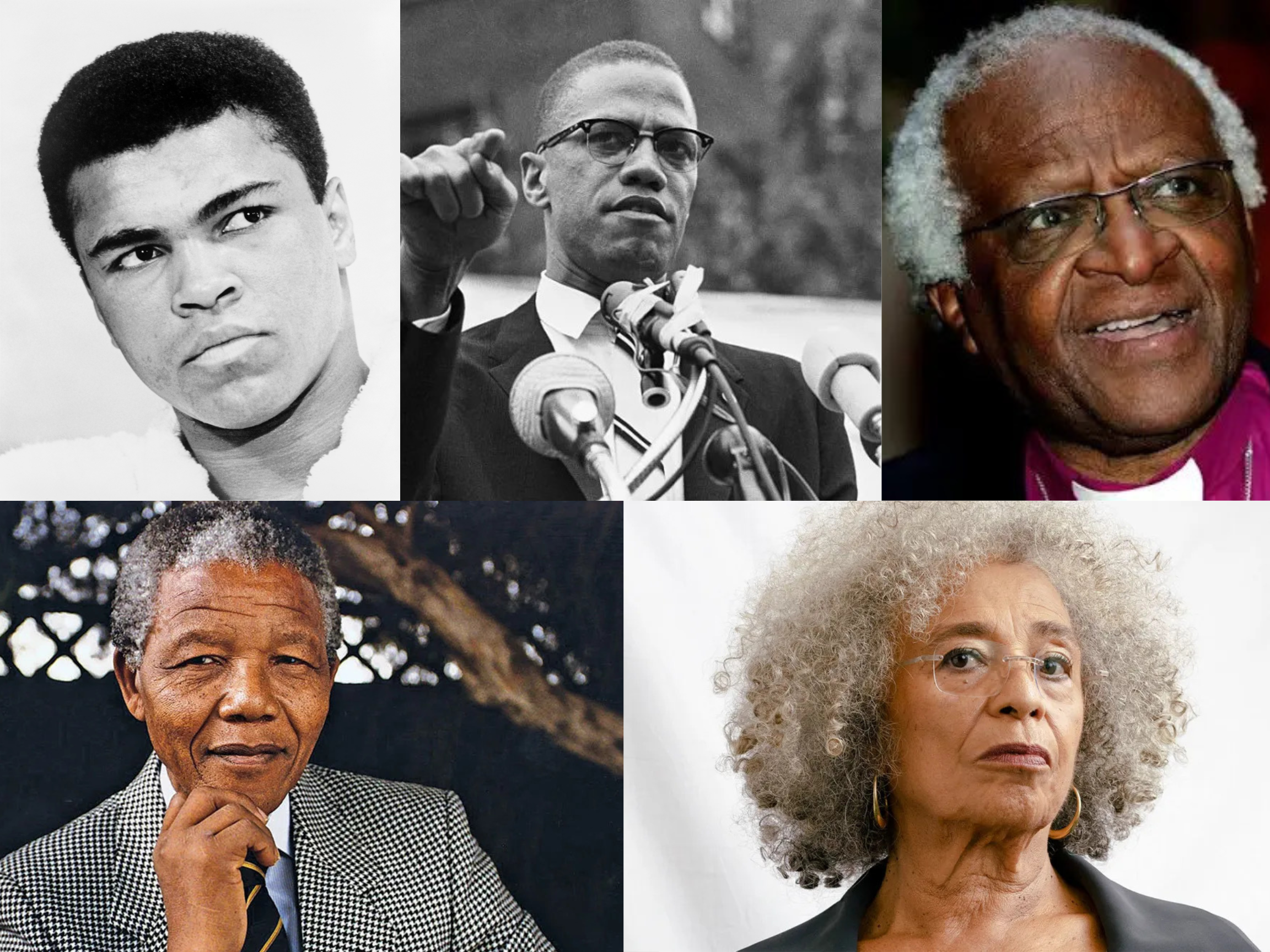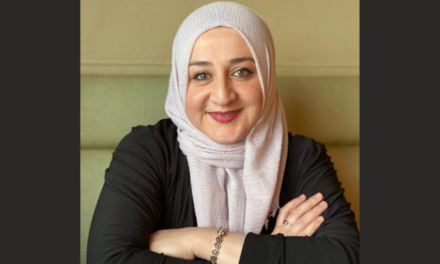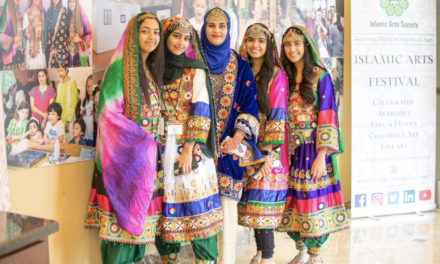The narrative of Palestinian suffering and their unwavering quest for justice and self-determination has been a focal point in international civil rights movements since the 1948 Nakba when hundreds of thousands were forcibly displaced from their homes and land.
Since then, their struggle has been adopted and articulated by many in the Black community who saw their fight for freedom and equality acutely reflected in the oppression of the Palestinian people.
From the past to the present, influential and historic civil rights figures have lent their advocacy to the cause – leaving a legacy of shared humanity that transcends time.
MALCOLM X – Human Rights Activist
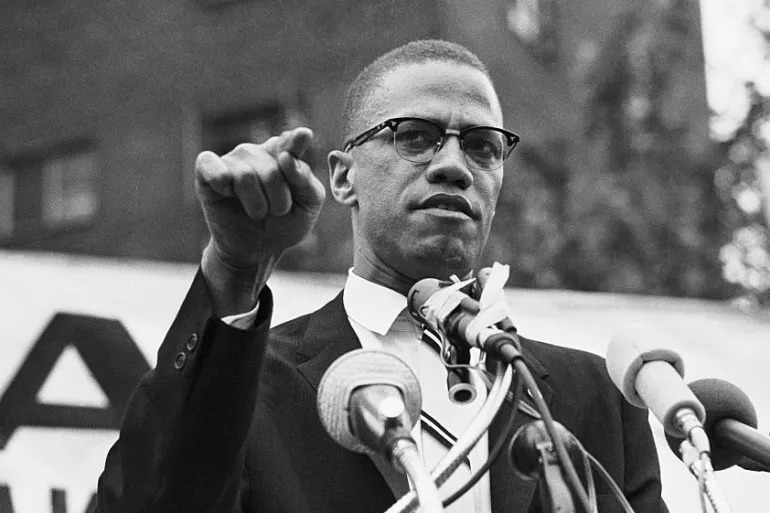
Civil rights icon Malcolm X expressed support for the Palestinian cause in the 1950s, drawing parallels between the struggles of African Americans with Palestinians against Israeli colonial rule.
He saw commonalities in the experiences of oppression and dispossession and emphasized the need for solidarity among marginalized people.
“The birth of Israel in 1948 brought forth the mass expulsion and dispossession of hundreds of thousands of Palestinians from their ancestral homes and land this is a historic injustice that continues to haunt the lives of Palestinians to this very day,” he says.
“The situation in Palestine serves as a brutal reminder of the consequences of colonialism and the ruthless dispossession of indigenous people. It is an agonizing reminder that the fight for justice knows no borders and we must stand united in solidarity with all oppressed peoples whether they reside in the United States, South Africa or anywhere around the world.” Hear this powerful speech which was given 60 years ago.
Muhammad Ali – American Boxer and Civil Rights Activist
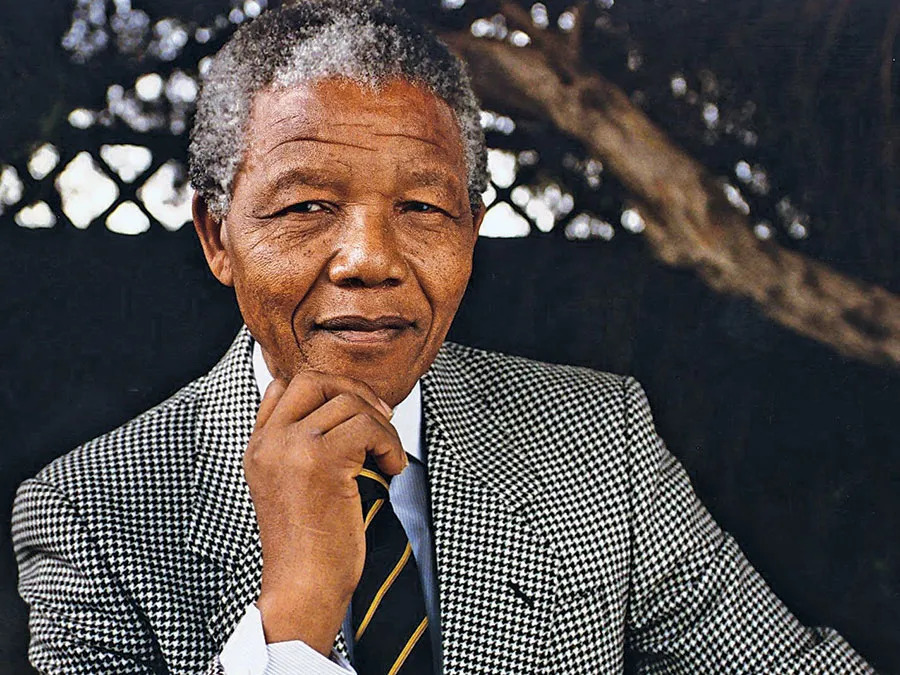
The great prisoner of conscience Nelson Mandela saw parallels between the struggles of black South Africans under apartheid and the Palestinians under Israeli occupation.
he argued both communities faced systemic discrimination, dispossession, and the denial of basic human rights.
After spending 27 years in prison, on his release Mandela spent the next four years tearing down South Africa’s apartheid system before becoming the country’s first black president.
When asked about his relationship with the Palestine Liberation Organization (PLO), he rejected its designation as a terrorist organization by the US and Israel. “We identify with the PLO because, just like ourselves, they are fighting for the right of self-determination,” he said.
In a 1997 speech on the International Day of Solidarity with the Palestinian People, Mandela he said, “We know too well that our freedom is incomplete without the freedom of the Palestinians.”
Amnesty International made a direct parallel with South Africa’s apartheid in a recent report stating, “Israel imposes a system of oppression and domination against Palestinians across all areas under its control, in Israel and the OPT, and against Palestinian refugees, in order to benefit Jewish Israelis. This amounts to apartheid as prohibited in international law”.
Similarly, Human Rights Watch concluded that “Israeli authorities are committing the crimes against humanity of apartheid and persecution.”
Desmond Tutu – African Bishop and Nobel Laureate
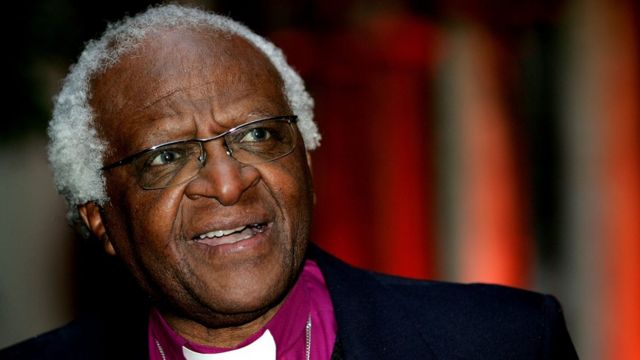
Desmond Tutu, the late Archbishop and Nobel Peace Prize laureate was a vocal advocate for Palestinian rights.
He consistently criticized Israeli policies, drawing parallels between the Israeli government’s treatment of Palestinians and the systemic injustices of apartheid in South Africa.
He fearlessly once said, “I wish I could stay silent about the plight of the Palestinians. I can’t! The God who paved our way to freedom is the same God described in the Scriptures as unchanging,” he declared to a media outlet in 2013.
He compared again, “The challenges Palestinians encounter at checkpoints mirror the struggles we endured in South Africa.”
Angela Y. Davis – American Marxist and Feminist Activist
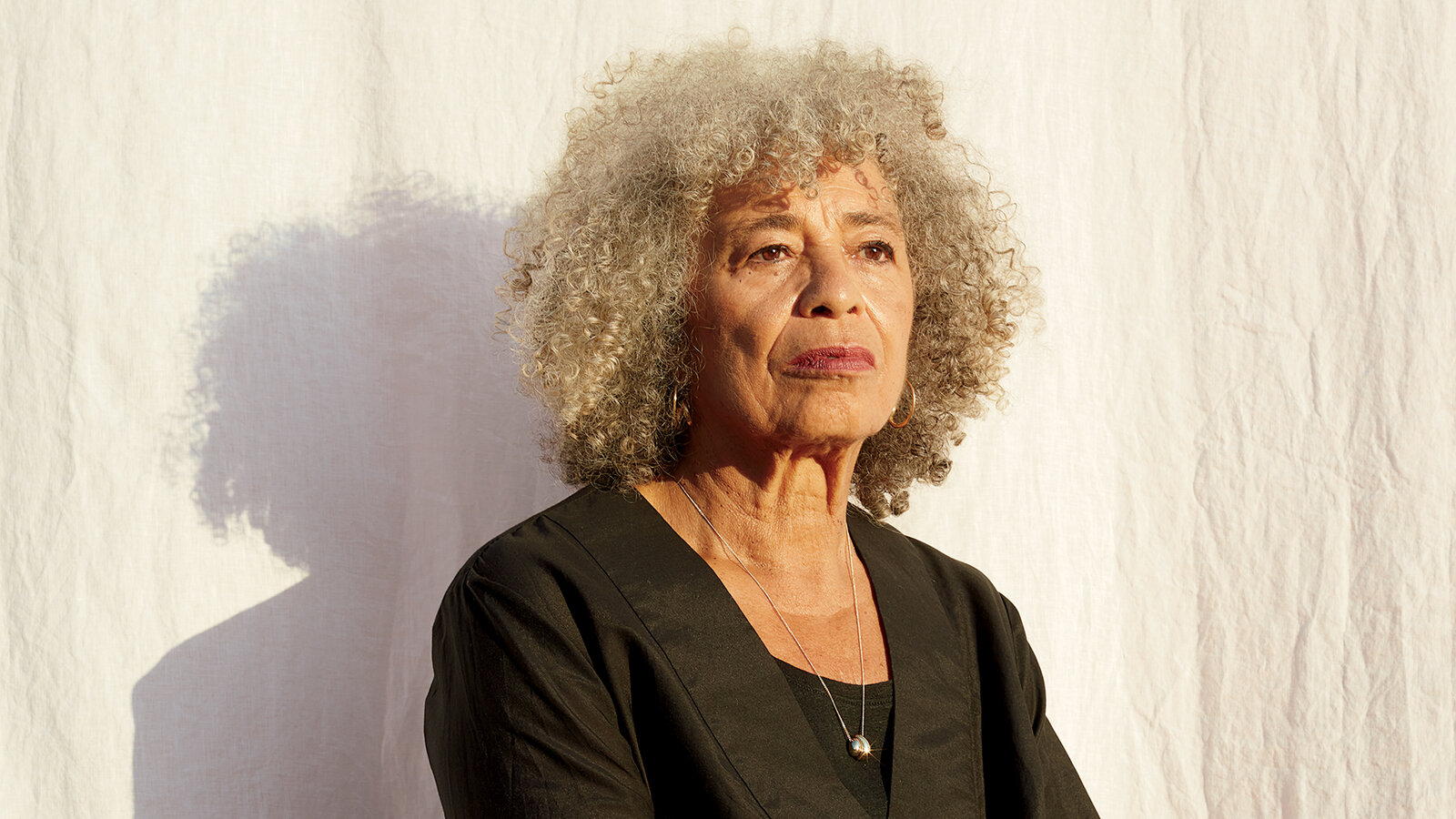
Angela Y. Davis is known for her role in fighting against different forms of oppression both within the United States and globally.
She holds the position of Distinguished Professor Emerita in the History of Consciousness and Feminist Studies Departments at the University of California, Santa Cruz, reflecting her significant contributions to academia and social activism.
Davis advocates for the demilitarization of law enforcement while urging the integration of Black and Palestinian solidarity movements into academic curricula.
She stands firmly behind student organizations rallying for both Palestinian and Black resistance, addressing shared challenges in a discussion last year at Richmond University.
Davis highlighted the profound impact of international unity, stating, “We must not overlook the significant role played by standing in solidarity with those resisting the occupation in Israel; it aids in broadening and deepening our understanding here in the United States.”
